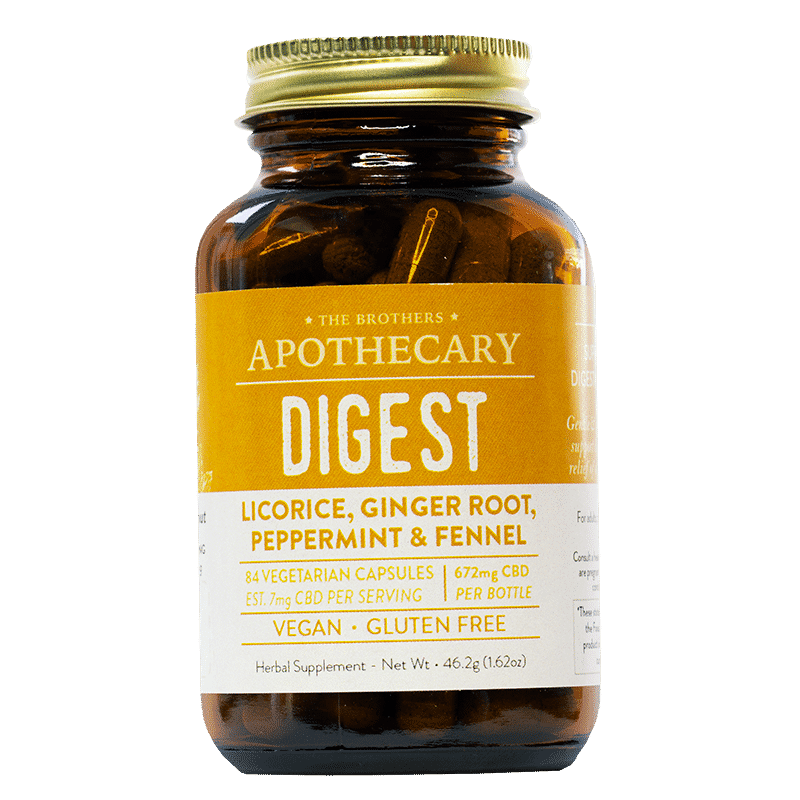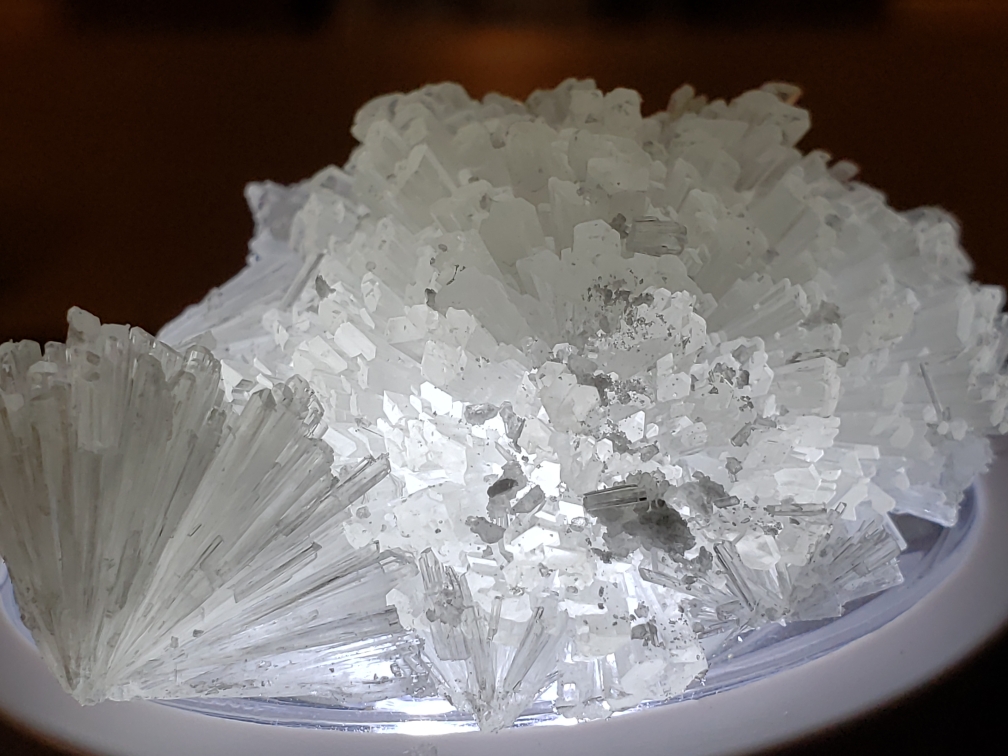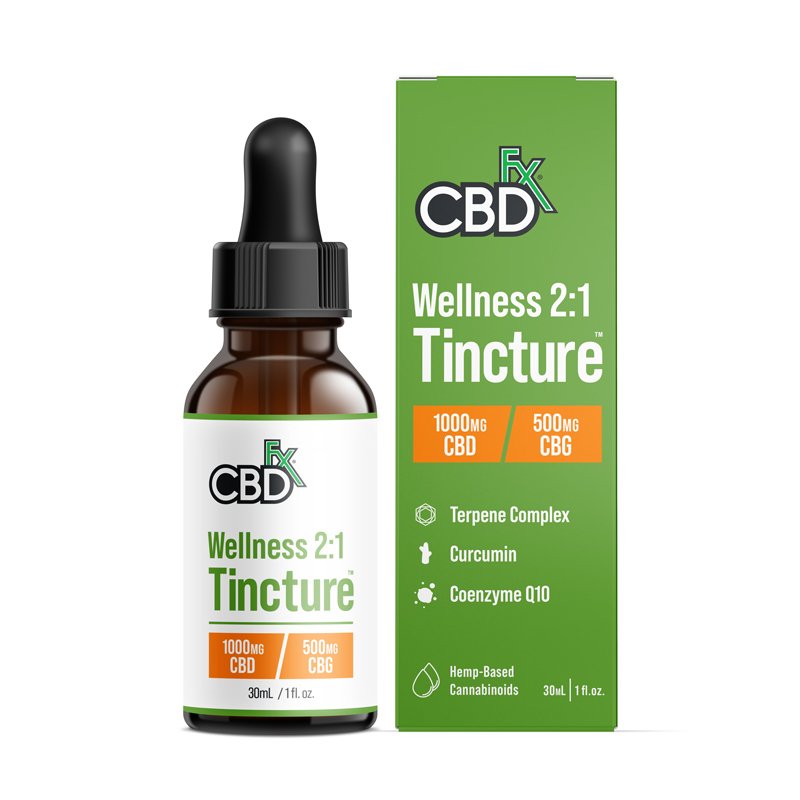
Are hemp products legal?
Hemp, a form of cannabis that isn't psychoactive but has therapeutic benefits, is one type. Hemp has a lower than 0.3% concentration of tetrahydrocannabinol. (THC), the main component in marijuana that causes a high. Hemp products that contain only CBD can be legally sold in most states.
Are hemp oils legal?
Many states prohibit the sale of hemp oils to anyone other than licensed medical marijuana dispensaries. These stores must be registered with the state and have a valid low-THC registration card. A COA must be obtained from an accredited laboratory that validates the oil's CBD and THC levels.
Are CBD oil based on hemp illegal?
CBD derived primarily from hemp can be legal in the United States, but it is illegal in some states. These laws change from one state or another. You should consult your local government to determine what the law in your area.
Is CBD federally illegal?
CBD is classified by DEA as a Schedule I Drug. This means CBD has no medical potential and cannot be used for any abuse. This classification typically removes a substance from FDA surveillance.

This status does not prevent CBD from being sold either as a food or dietary supplement, but it does limit the health claims that can be made about this compound. This can make deciding which products to consume safe and which to avoid difficult.
Are cbd supplements illegal?
Despite widespread opinion that CBD is safe and has many health benefits, FDA still considers it to be a drug. This is due to CBD's pharmacological similarities with Epidiolex (a seizure medication approved by FDA for treatment of seizures in children).
However, the DEA recently changed its position. It stated that it does not have to list all cannabis products as Schedule I drugs in order to be illegal. This has caused confusion and backlash.
Are cbd supplements legal?
FDA approval is required for any CBD-based product that is classified as a food or dietary supplement. It is crucial to ensure that you have checked the FDA's regulatory requirements and that the product you are looking at has been tested by an independent third party.
Is cbd supplement legal in the federal government?
When it comes CBD and other forms of cannabinoids there are two important issues you should consider: The DEA's stance, and the Farm Bill. In 2018, Congress passed the Agriculture Improvement Act, which removed hemp from the Controlled Substances Act and made it legal for states to grow industrial hemp for research purposes.

The DEA has not used its power to prosecute anyone who sells or uses CBD in states that it is legal. This could be due to the new federal agency's stance, or the fact that there haven't been any cases for it to investigate.
The FDA's overall view of CBD and cbd products is something that you should be aware of. As long as there isn't more regulation, it's best that you avoid any products with a valid COA.
FAQ
How big does the global CBD market look?
Euromonitor International estimates that the global CBD market is worth $US3.5Billion in 2015. This represents an increase of over 10% from 2014.
The report projects that this figure will reach $US6.4 billion by 2020. This represents an average annual growth rate 12%.
CBD products are expected account for about half of all hemp products worldwide by 2020.
This includes CBD oils and other CBD products like food, beverages, cosmetics and pet care items.
Which countries produce the highest quality CBD products?
The United States is the largest producer of CBD products.
But Canada, Australia, New Zealand, and Israel are also producing high-quality CBD products.
What's the future for the CBD industry?
The future of the CBD industry is bright. It is clear why so many people are getting on board with this industry. With CBD products accounting for over $1Billion in global consumer spending, it is easy to see how the market is growing exponentially.
In fact, according to Statista, global sales for cannabidiol (CBD) were expected to reach $22.4 billion in 2019. That's almost 200% more than in 2018!
The CBD market is also forecast to grow at 22.5% compound annual growth rate, which would result in nearly $6.8B in revenue by 2022.
This is great news for companies looking to enter this space as well as those already operating in the sector. But, it is important to remember that the CBD industry is still in its infancy. There will be many challenges.
Is there any evidence CBD has anxiety-reducing properties?
CBD oil has the ability to alleviate anxiety by interfacing with certain receptors within the brain, CB1 and CB2. The endocannabinoid process regulates stress responses and mood.
CB1 receptor is activated when our bodies feel anxious. When activated, this receptor sends signals to the amygdala, which is responsible for emotional processing.
If the CB1 receptor becomes blocked, the brain doesn't get the signal to express emotions. As a result, people who take CBD experience fewer negative feelings.
A study published in 2017 showed that CBD reduces anxiety in patients with social phobia. Another study showed that CBD reduces symptoms of PTSD.
An 2018 review found that CBD is anxiolytic and can help with generalized anxiety disorder.
Another study concluded that CBD may help with panic attacks.
However, numerous studies have shown CBD to increase anxiety levels in mice.
The difference in results between animals and humans could be explained by differences in the way that CBD is metabolized in different species.
CBD does not have any safety data. Experts are unanimous that CBD is safe if used as directed.
Are CBD companies worth the investment?
This depends on your needs. They can be a great investment if it is money you are after. If however, you only want to invest in something that may help others, then no.
Statistics
- A recent study [161] also found that in vitro CBD treatment (i.e., ≤ 2 h exposure to 10 μM) induced ~40% vasorelaxation in isolated (pre-constricted) (ncbi.nlm.nih.gov)
- HR −16 mmHg; 95% CI −26, −6; I2 = 92%) (ncbi.nlm.nih.gov)
- CBD seems unlikely to directly influence sleep in healthy humans [115] (and maybe “sleep-promoting” in those with certain comorbid conditions) (ncbi.nlm.nih.gov)
- OralWhere HED is the human equivalent dose, and Km is a correction factor estimated by dividing the average body mass (BM) of the species (60, 0.020, and 0.150 kg for 11 humans, mice, and rats, respectively) and by its surface area (see: Nair et al. (ncbi.nlm.nih.gov)
- While the primary injury may not be treatable, interventions that attenuate secondary sequelae are likely to be of benefit [203].Only one study (ncbi.nlm.nih.gov)
External Links
How To
What are the issues that the CBD industry faces?
The market for CBD products continues to grow at an amazing rate. There are many hurdles businesses face when trying to enter the CBD market. These include lack of consumer awareness and high costs of entry, limited capital access, and regulatory uncertainty.
Many consumers do not know what CBD is or how it works. They are unable to make an informed decision about buying CBD products.
Many CBD companies depend heavily on word of mouth marketing. This can be costly as it involves advertising and staffing to promote the brand.
High production costs are another problem facing new entrants in the CBD industry. The raw materials needed to create CBD products are quite expensive. For example, hemp needs to be grown in specific climates and soil types before it can be processed into CBD oil.
For CBD oil to be produced, you need to plant enough hemp. This costs about $1,000 an acre. This means that many small farmers cannot afford the cost of starting.
Access to capital is another challenge for new entrants in the CBD market. Due to the stigma surrounding the industry, banks discourage many people who wish to start businesses.
Last but not least, there is regulatory uncertainty regarding the sale and distribution of CBD products. There are no guidelines for how CBD products should market.
Some states have passed legislation restricting the sale of CBD products, but this has yet to become national policy.
Only two states, Nevada and Maine, have yet to legalize recreational marijuana.
Massachusetts and Michigan, however, are exploring similar options.
These changes could cause increased competition among CBD manufacturers.
These factors are why many entrepreneurs prefer to work from home than open a physical store.